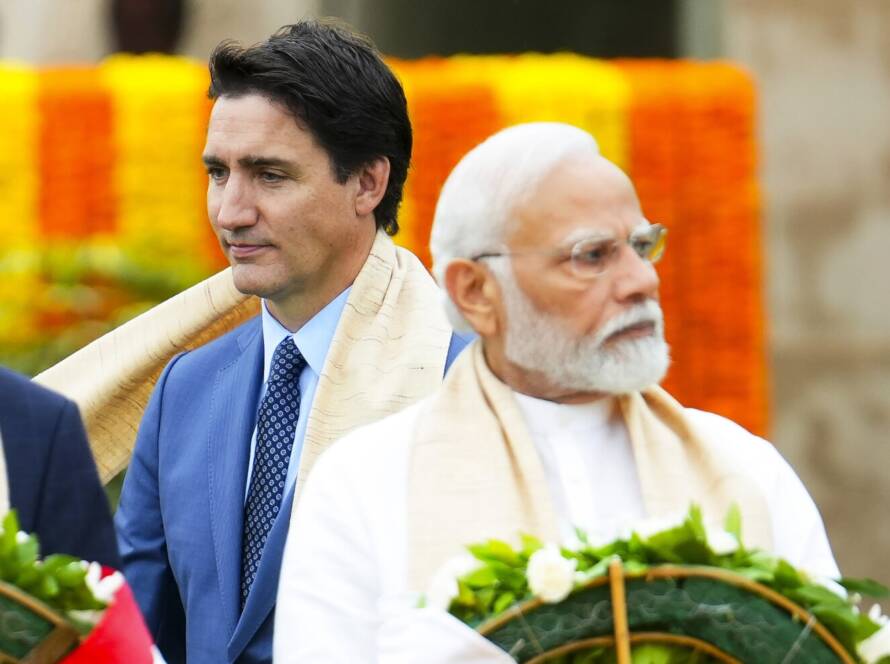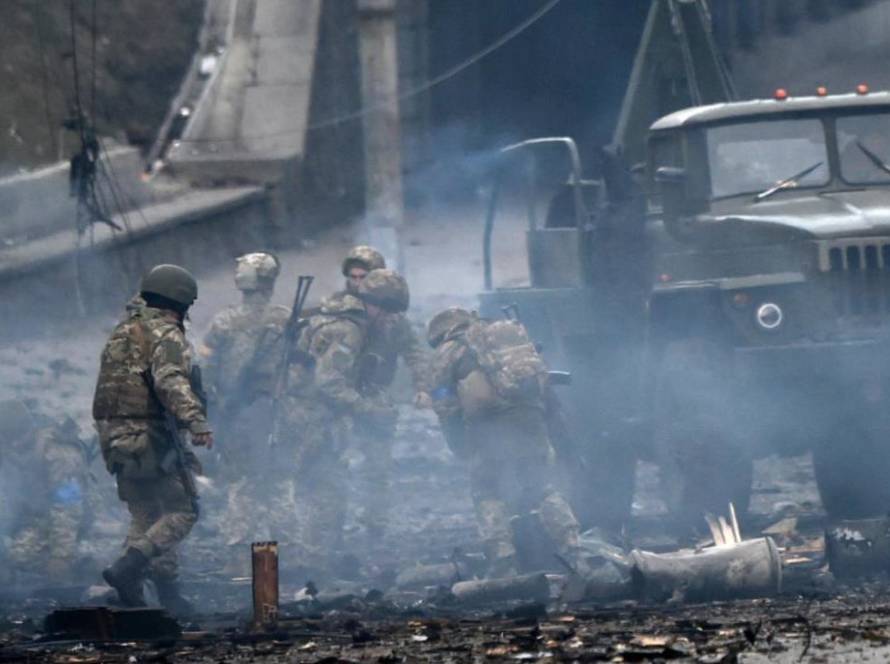By Aavin Abeydeera
Within the next few weeks, Maldives will be going into a general election to elect their next president. One would assume that political intrigue and kingmaking would not afflict such an idyllic nation, but such assumptions quickly erode once one delves into the palace games surrounding the Maldivian general elections.
At the 2013 presidential elections, Abdulla Yameen was elected to power. He wasted no time imprisoning his opponents. Mirroring other leaders in South Asia, his term’s foreign policy was marked by a clear and definite shift from India to China.
His opponents taken care of, his government seemed ready for stable rule. Yet despite his lavish Chinese-funded projects, Yameen’s rule was criticized for corruption and human rights abuses. If that reminds you of another South Asian president, just know that it should.
When the Maldivian Democratic Party’s (MDP) Ibrahim Solih, the joint opposition candidate, won presidential elections in 2018 by a margin of 16% in the first round itself, it was a twist the sitting president did not see coming. History tends to follow patterns. Five years later, Yameen is behind bars and disqualified from contesting elections. However, much like Yameen did in 2018, Solih faces an uncertain future regarding his incumbent election.
With eight candidates, this is the largest pool of candidates ever taking part in a presidential election in Maldives’ history. However, only a few key names preside over the affair.
Ibrahim Solih
On paper, President Solih should be a shoo-in for the election- his tenure has been largely unproblematic, and his biggest achievement lies in the fact that he successfully steered the island nation through the Covid pandemic without risking a national collapse.
Furthermore, his diplomatic chops have afforded Maldives a chance to repair their relationship with India without alienating their newfound Chinese allies.
However, his electoral outlook is not as clear cut as theory would indicate. Two parties of his own ruling coalition are fielding their candidates in the elections, meaning that it is almost a certainty that the incumbent Solih will lose support from his own base of power.
Solih remains the frontrunner, but it is uncertain whether he can secure an outright win without the elections going in to the second round. If Solih fails to win a majority, he will face considerable challenges going up against a sole opponent in the second round.
Mohamed Muizzu
Mohammed Muizzu is another player of the palatial intrigue this season. Endorsed by former president Yameen, Muizzu presents a novel challenge to the presidential bid.
Muizzu is essentially a spiritual successor to President Yameen. Both hail from the same party. However, Yameen’s endorsement of Muizzu is fraught with complications of its own. Muizzu has spoken out before about converting the presidential form of governance to a parliamentary system, which sits at odds with Yameen’s vision.
Furthermore, Yameen would prefer to endorse a candidate that holds as little real power as possible. Unfortunately for Yameen, Muizzu is one of the most powerful politicians in the country.
A former Housing Minister during the Yameen presidency, Muizzu has the advantage of having held one of the most influential political positions in the country. Maldives is a small country, and the need for affordable housing is immense. A Housing Minister that can rise to the challenge will almost certainly have a huge voter base.
In addition, he was Mayor of Male, the capital of the country, where almost 40% of the country resides. Muizzu has numbers backing him, but theory can only take you so far, and only time will tell if the arithmetic advantage Muizzu has will translate into tangible results.
Qasim Ibrahim
One of the wealthiest businessmen in Maldives, Qasim Ibrahim of the Jumhooree Party (JP) has always been seen to be a kingmaker, due to his ability to influence Maldivian politics, and more specifically, his power to swing elections.
Ibrahim will be contesting elections for the third time, after standing in the 2008 and 2013 polls. He may not have the numbers to win an election outright, but he has a captive vote bank that is envied by all parties. As the owner of one of the biggest companies in the Maldives, it is the opinion of many analysts that Qasim can count on his extensive workforce to boost his votes.
At the first multi-party presidential elections in 2008, he was eliminated in the first round and thereafter, announced support for the MDP’s Mohamed Nasheed, who eventually defeated long-term dictator Maumoon Gayoom in the second round. While he initially joined Nasheed’s cabinet, Qasim soon left after a fallout.
In the 2013 elections, his elimination in the first round led to him to endorse Abdullah Yameen, who secured victory over Nasheed in the second round. Qasim did not participate in the 2018 elections due to a conviction but supported Solih as joint opposition candidate.
A trend can probably be seen here. Whoever Ibrahim supports ends up winning the presidency. This year, it remains to be seen which candidate Ibrahim will support in the second round- something that other candidates will keep a keen eye on.
One may be justified in asking what the significance of this election is in terms of international realpolitik. After all, Maldives is a small island nation, best known for its idyllic beaches, not its political significance in the world stage. Here lies the answer.
Maldives is a state that enjoys the luxury of playing kingmaker in the Indo-Pacific. In a region that is becoming increasingly important in terms of economic and political power, multilateral powers such as the QUAD alliance, as well as individual nations such as India, China, and even the US will look on with bated breath to see which side the Maldives will take.
In short, the upcoming elections might well herald which side the dice falls on.
Aavin Abeydeera is a student at the Bandaranaike Center for International Studies (BCIS). He is interested in learning and writing about the world and how it operates. His interests range from geopolitics, economics, and foreign policy to culture and sports.
Factum is an Asia Pacific-focused think tank on International Relations, Tech Cooperation, and Strategic Communications accessible via www.factum.lk.
The views expressed here are the author’s own and do not necessarily reflect the organization’s.


